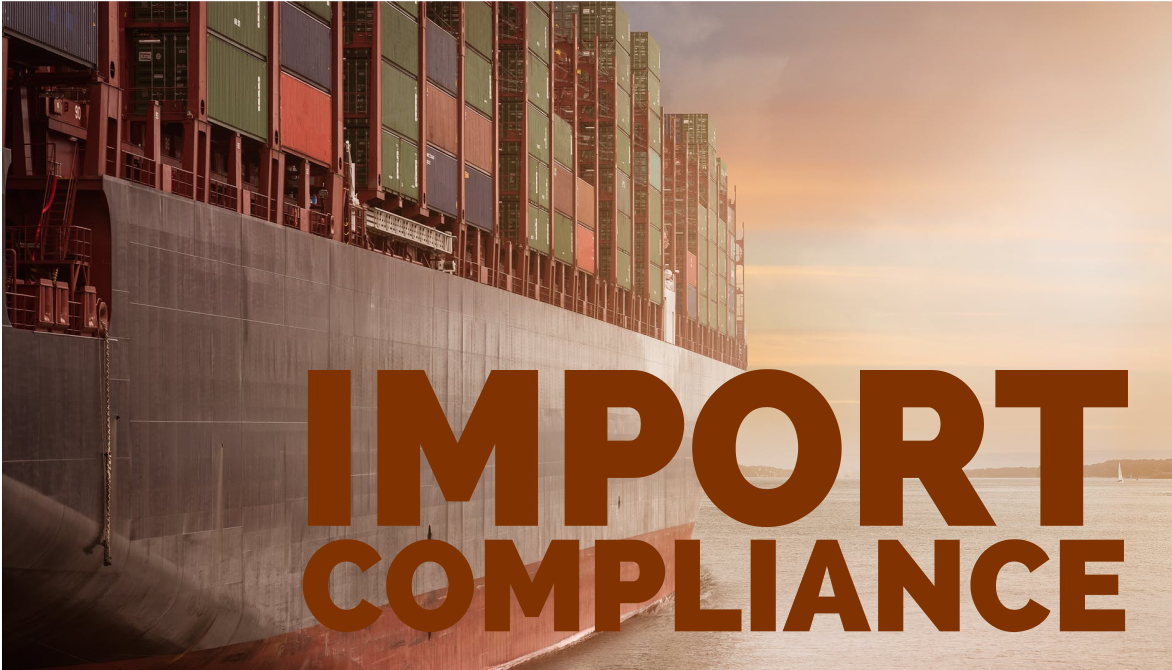Importing products from Asia to sell in Europe can be a profitable strategy—but it also comes with strict legal and regulatory requirements. One of the most common pitfalls for importers is neglecting product certification. Without the right documents and markings, your goods could be held at customs, fined, or even destroyed.
At Eurasia Consultis, we help European businesses navigate these requirements with clarity and confidence. In this article, we break down the essential certifications you need to know when sourcing products from Asia for the EU market.
1. CE Marking – A Must for Many Product Categories
The CE mark is perhaps the most widely recognized certification in Europe. It indicates that a product complies with EU safety, health, and environmental protection standards.
Applies to: electronics, toys, medical devices, machinery, personal protective equipment, and more.
What you need:
- Declaration of Conformity
- Technical file
- Lab test results (from accredited labs)
Tip: Just having a CE logo on the product is not enough. Customs may request full documentation—make sure your supplier can provide it.
2. RoHS – Restriction of Hazardous Substances
RoHS compliance ensures that electronics and electrical products don’t contain hazardous substances like lead, mercury, or cadmium above EU-allowed limits.
Applies to: almost all electrical and electronic equipment sold in Europe.
Required documents:
- RoHS test report
- Materials declaration from sub-suppliers
- Risk assessment and compliance statement
Tip: RoHS is often checked together with CE. Eurasia Consultis helps verify test reports are genuine and from recognized labs.
3. REACH – For Products Containing Chemicals
REACH (Registration, Evaluation, Authorisation and Restriction of Chemicals) is a regulation to protect human health and the environment from harmful chemicals.
Applies to: textiles, plastics, paints, metal goods, and any item with coatings or finishes.
Required documents:
- Material Safety Data Sheets (MSDS)
- Test reports for Substances of Very High Concern (SVHCs)
- Declaration of compliance
Tip: Products made of fabric, leather, rubber, or plastic often fall under REACH without the importer realizing it.
4. Food Contact Materials (FCM) – If Your Product Touches Food
If you import products that come into contact with food (e.g. lunch boxes, water bottles, kitchen utensils), they must meet EU regulations for food safety.
Applies to: food-grade plastics, ceramics, glass, metals, silicone, etc.
What you need:
- Declaration of Compliance (DoC)
- Migration test reports
- Lab certifications
Tip: Be especially careful with colorful plastics or recycled materials. Many fail migration testing.
5. Textile Labeling Requirements – More Than Just Fabric
Textile products sold in Europe must carry specific labeling, and some require additional tests depending on dyes, fire resistance, and skin contact.
Applies to: clothing, bedding, bags, upholstery.
Required elements:
- Fiber composition (% cotton, polyester, etc.)
- Country of origin
- Care instructions (optional but recommended)
Tip: Mislabeling can result in customs delays or fines. Eurasia Consultis checks labels during pre-shipment inspections.
6. WEEE & Battery Directive – For Electronics & Portable Power
If you’re importing electronics or battery-powered products, you may need to comply with WEEE (Waste Electrical and Electronic Equipment) and Battery Directive requirements.
Includes:
- Registration with national collection schemes
- Labeling with crossed-out wheelie bin symbol
- Reporting on volumes placed in the EU market
Tip: Some obligations kick in only after a certain sales volume—but planning ahead avoids trouble later.
Why This Matters
Failing to meet certification requirements can be catastrophic for small businesses:
- Seized or destroyed shipments
- Heavy fines
- Damage to your brand’s credibility
At Eurasia Consultis, we review product categories, test reports, and supplier claims—so you don’t get caught off guard. We also help arrange third-party lab tests and create technical files tailored to your goods.
Final Checklist Before You Import:
- Does your product need CE, RoHS, or REACH certification?
- Can your supplier provide full test reports and declarations?
- Are your labels compliant with EU regulations?
- Have you budgeted for lab testing or audits if needed?
If you answered “no” or “not sure” to any of the above, contact Eurasia Consultis today for a free consultation.

